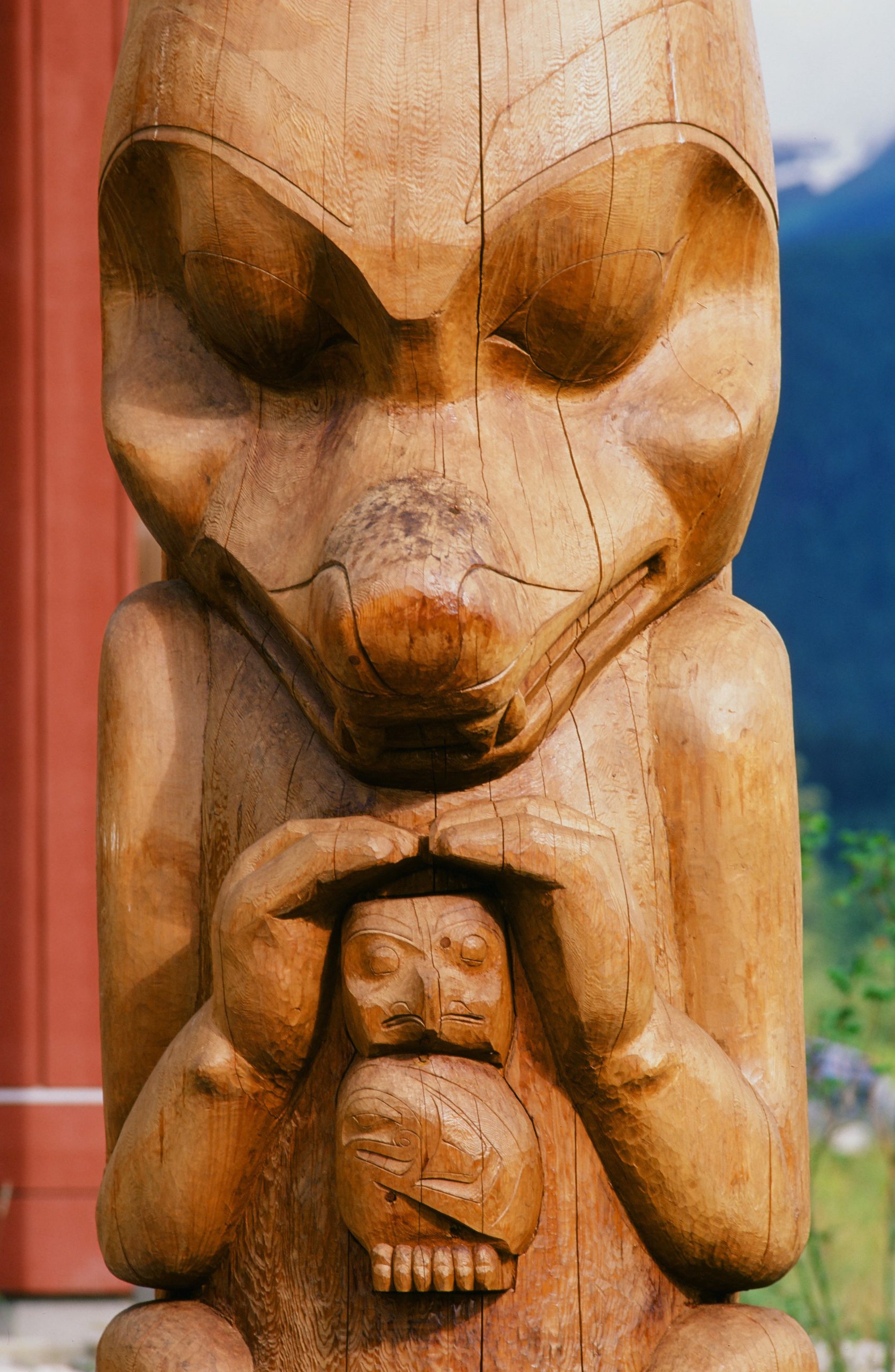Foster Care
Home Services Child & Family Services Foster Care
SERVICES

There are Nisg̱a’a Children in Our Community Who Need You!
There are many different ways you can provide support and care to Nisg̱a’a children and youth who need either long term or short term placements, emergency or relief or even potentially adoptive homes. Becoming a foster parent/caregiver is a way to extend our hearts and homes to other Nisg̱a’a children in the community. As a caregiver, you and the child in your home will receive supports. You can provide a safe and loving placement for a youth or child while they are away from their parents. Foster homes aim to provide a safe, stable home for children, while their families address the issues preventing them for caring for their children. Ultimately, the goal is to have children return to their parental homes, or depending on the situation, to arrange a permanent home or prepare them to live independently.
Find Out More
Children and youth who are connected to their families, communities and cultures do better as adults. When Nisg̱a’a children need to be away from their families it is important for them to be with a family and caregivers willing to work to keep them connected to their roots. We look to our foster parents to fulfill this role, to be a supportive, consistent caregiver in our children’s lives. Being a caregiver is a challenging job with many rewards. Caregivers play a vital role in our families, and in the wellbeing of our communities and the Nation.
We are always in need of caregivers and Nisg̱a’a families willing to open their hearts and their homes to a Nisg̱a’a child.
Are you physically, mentally, emotionally and spiritually able to provide quality care for a Nisg̱a’a child?
Do you believe in supporting cultural connections and traditional teachings so that Nisg̱a’a children can live a culturally rich life?
Can you create positive ways to work through unexpected challenges?
The rights to harvest fish do not alter federal and provincial laws about property in fish, which provide generally that no one owns fish until they are caught. Nisg̱a’a can also harvest fish outside the Treaty in accordance with federal and provincial laws that apply to everyone or, in some circumstances, in accordance with agreements with other First Nations.
Nisg̱a’a entitlements to fish are held by the Nisg̱a’a Nation and the right to fish may not be sold or transferred. However, the Nisg̱a’a Nation can authorize others to harvest some of the fish under Nisg̱a’a entitlement from time to time. Canada and British Columbia cannot require Nisg̱a’a to have federal and provincial licenses or to pay fees, charges, or royalties with respect to harvesting fish or aquatic plants for domestic purposes. When Nisg̱a’a sell fish harvested under the Treaty, they are subject to the same fees and charges that apply to commercial harvesters.
Anyone, 19 or older, who wants to share their home and life with a child, can apply to become a Family Care Home. It is not necessary to own your own home and your financial situation will not be a barrier. The important factor is that you are financially stable and that adding a child to your home would not cause a financial burden. If you are interested in helping Nisg̱a’a children take the first step by speaking with a Nisg̱a’a Child & Family Services Resource Social worker today.
In the application process, you will:
- attend the Pre-Service Orientation Training;
- provide three references – a family member, non-family-community member, and one through a work place or volunteer work;
- complete a medical exam with your family physician;
- provide written consent for a criminal record check; and
- be interviewed along with all family members in your home by a social worker.
The rights to harvest fish do not alter federal and provincial laws about property in fish, which provide generally that no one owns fish until they are caught. Nisg̱a’a can also harvest fish outside the Treaty in accordance with federal and provincial laws that apply to everyone or, in some circumstances, in accordance with agreements with other First Nations.
Nisg̱a’a entitlements to fish are held by the Nisg̱a’a Nation and the right to fish may not be sold or transferred. However, the Nisg̱a’a Nation can authorize others to harvest some of the fish under Nisg̱a’a entitlement from time to time. Canada and British Columbia cannot require Nisg̱a’a to have federal and provincial licenses or to pay fees, charges, or royalties with respect to harvesting fish or aquatic plants for domestic purposes. When Nisg̱a’a sell fish harvested under the Treaty, they are subject to the same fees and charges that apply to commercial harvesters.
Quarterly caregiver information sessions will now be offered in groups to those interested in becoming a Family Care Home, or who have questions, concerns or ideas about the fostering application process. Please contact one of our NCFS offices directly to find out when the next session will be held in your area. We can also offer one-to-one information sessions, where you will meet with a resource worker to discuss fostering more personally. Please contact one of our resource social workers to arrange a meeting time that works for you.
“By maintaining the Nisg̱a’a family through the utilization of the Ayuuk, we will ensure the spiritual, physical, mental, emotional & cultural well-being of all Nisg̱a’a Children”
K’agahl goodin ahl hli ga-hlgim’ K’agahl wilbin / Open Your Heart to our Children, Open Your Home
